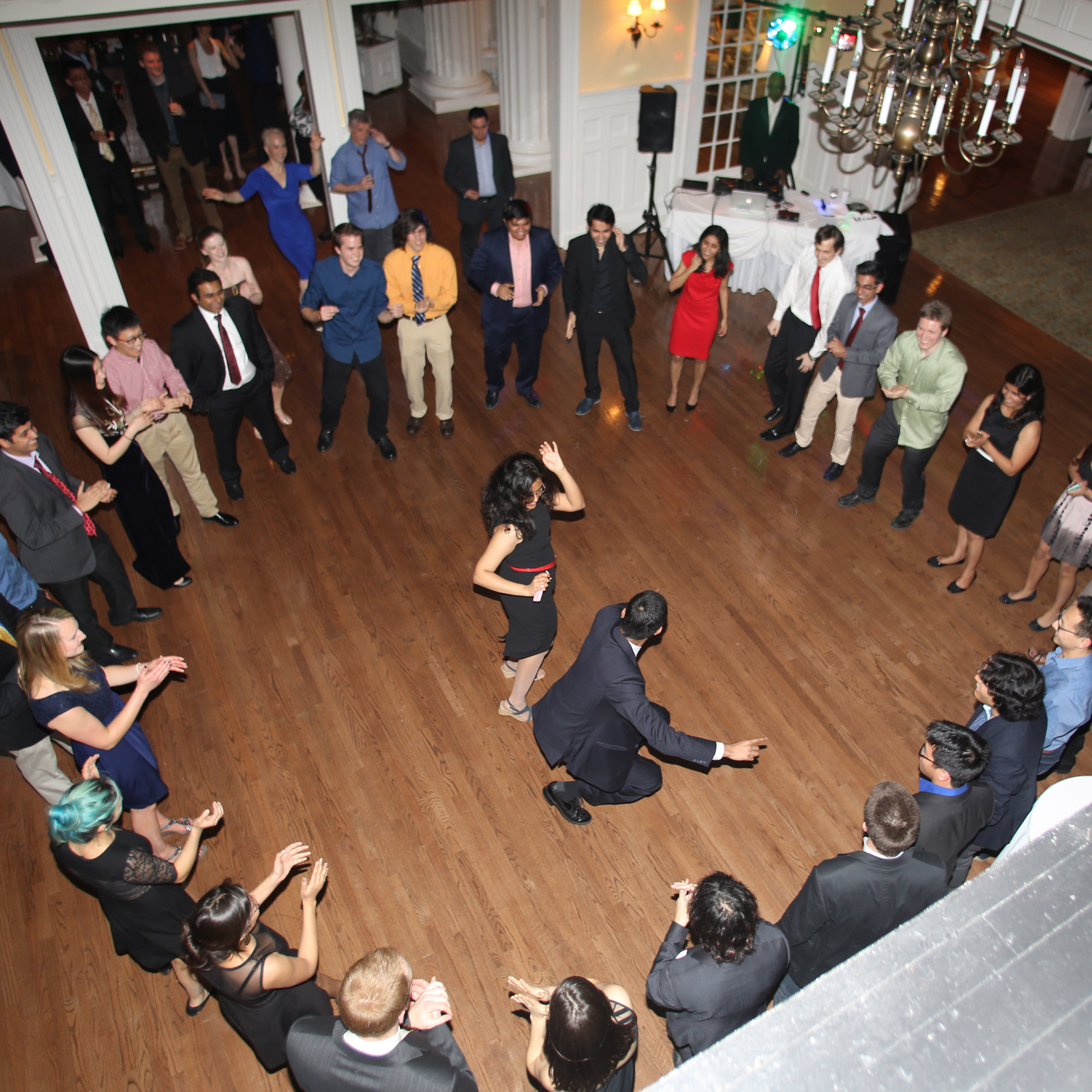Understanding 3D Scans
Abstract: With recent developments in both commodity range sensors as well as mixed reality devices, capturing and creating 3D models of the world around us has become increasingly important. As the world around us lives in a three-dimensional space, such 3D models will not only facilitate capture and display for content creation but also provide [...]
Robots Learning from Human Teachers
Abstract: In this talk I will cover some of the recent work out of the Socially Intelligent Machines Lab at UT Austin (http://sim.ece.utexas.edu/research.html). The vision of our research is to enable robots to function in dynamic human environments by allowing them to flexibly adapt their skill set via learning interactions with end-users. We explore the ways in which [...]
Carnegie Mellon University
Improving Multirotor Trajectory Tracking Performance using Learned Dynamics Models
Abstract: Multirotors and other aerial vehicles have recently seen a surge in popularity, partly due to a rise in industrial applications such as inspection, surveillance, exploration, package delivery, cinematography, and others. Crucial to multirotors' successes in these applications, and enabling their suitability for other applications, is the ability to accurately track trajectories at high speed [...]
Carnegie Mellon University
Learning to Align without Geometric Supervision
Abstract: Extracting geometric information from image data is a highly nonlinear problem that exhibits in a number of visual recognition tasks such as object localization, facial landmark tracking and human pose estimation. Successful alignment across image data often serves as a crucial component in making them possible. In this talk, I will present how one [...]
Carnegie Mellon University
Hybrid Soft Sensing in Robotic Systems
Abstract: The increasing prevalence of wearable technology in our daily lives has created a demand for safe and robust sensing skins. Largely inspired by human skin, the ultimate goal of electronic skins is to measure diverse sensory information, conform to surfaces, and avoid interfering with the natural mechanics of the host or user. These demands [...]
Carnegie Mellon University
Automatic Real-time Anomaly Detection for Autonomous Aerial Vehicles
Abstract: The recent incidents with Boeing 737 Max 8 aircraft have raised concerns about the safety and reliability of autopilots and autonomous operations. There is a growing need for methods to monitor the status of aircraft and report any faults and anomalies to the human pilot or to the autopilot to deal with the emergency [...]
Creative Robots with Deep Reinforcement Learning
Recent advances in Deep Reinforcement Learning (DRL) algorithms provided us with the possibility of adding intelligence to robots. Recently, we have been applying a variety of DRL algorithms to the tasks that modern control theory may not be able to solve. We observed intriguing creativity from robots when they are constrained in reaching a certain [...]
2019 Robotics Institute Semi-formal
By invitation only: The 2019 Robotics Institute Semi-formal Robotics Institute members and a guest are invited to join us for our annual semi-formal! Join us for an evening of music, fun, food and friends! Food and beverage will include: hot hors d’oeuvres, stations for carving, pasta, fruit, cheese, coffee and dessert and hosted non-alcoholic beverages. [...]
Teruko Yata Memorial Lecture – Understanding Human Behavior for Robotic Assistance and Collaboration
Speaker: Henny Admoni, Assistant Professor, Robotics Institute Carnegie Mellon University Title: Understanding Human Behavior for Robotic Assistance and Collaboration . Human-robot collaboration has the potential to transform the way people work and live. Researchers are currently developing robots that assist people in public spaces, on the job, and in their homes. To be effective assistants, these robots [...]
2019 RI National Robotics Week Celebration
The Robotics Institute will celebrate the tenth annual National Robotics Week on April 11 & 12 with lectures, project demonstrations, the annual Mobot (mobile robot) races, and a reception for RI affiliated people. REGISTRATION IS NOW OPEN REGISTER HERE If you have any specific questions about the National Robotics Week open house please email Debbie [...]
Carnegie Mellon University
Towards Safe and Robust Behavior Mixing for Multi-Robot Systems
Abstract: Multi-robot systems have been widely studied for extending its capability of accomplishing complex tasks through cooperative behaviors. In large-scale multi-robot behavior mixing, the heterogeneous robotic team executes simultaneously multiple behaviors or sequences of behaviors with various task-prescribed controllers in real time to increase efficiency in parallel tasks. Key to the success of behavior mixing [...]
Carnegie Mellon University
Design and Evaluation of Robust Control Methods for Robotic Transfemoral Prostheses
Abstract: Amputees face a number of gait deficits due to a lack of control and power from their mechanically-passive prostheses. Of crucial importance among these deficits are those related to balance, as falls and a fear of falling can cause an avoidance of activity that leads to further debilitation. In this thesis, we investigate the [...]










